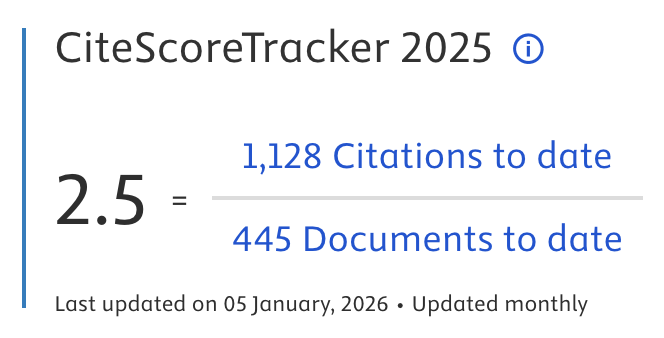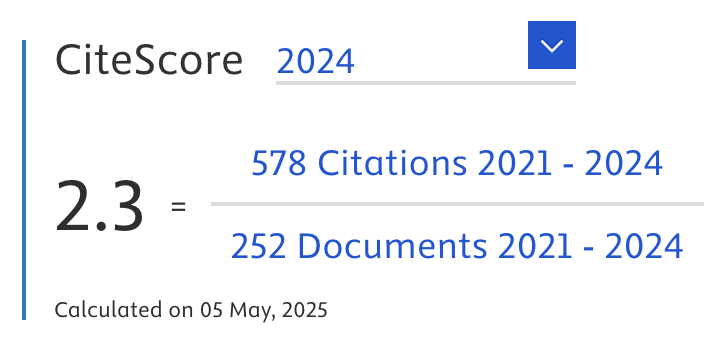Assessing the Performance and Competitive Strategies of Bamboo Weaving MSMEs in Bali Using Quantitative Associative Causal Design
Abstract
This study explores the factors influencing the competitiveness and performance of bamboo weaving Micro, Small, and Medium Enterprises (MSMEs) in Bali, using a quantitative associative causal design. Bamboo weaving, an integral part of Balinese culture, faces significant challenges post-COVID-19. This research aims to analyze key factors such as business capabilities, product quality, infrastructure, technology, resources, government policies, and external support, and their impact on the competitiveness and performance of these MSMEs. Data were collected from 100 bamboo weaving MSMEs in Buleleng and Bangli using structured surveys. The collected data were analyzed using Partial Least Squares (PLS) structural equation modeling to validate the proposed hypotheses. The study reveals that product quality (path coefficient = 0.275, t-statistic = 3.048, p-value = 0.003), infrastructure (path coefficient = 0.187, t-statistic = 2.176, p-value = 0.032), technology (path coefficient = 0.239, t-statistic = 3.231, p-value = 0.002), resources (path coefficient = 0.179, t-statistic = 2.048, p-value = 0.043), and external support (path coefficient = 0.185, t-statistic = 2.387, p-value = 0.019) significantly influence the competitiveness of bamboo weaving MSMEs. In contrast, business capabilities (path coefficient = 0.169, t-statistic = 1.856, p-value = 0.066) and government policies (path coefficient = - 0.031, t-statistic = 0.283, p-value = 0.778) were found to be insignificant in this context. The findings indicate that improvements in product quality, better infrastructure, adoption of modern technologies, effective resource management, and robust external support systems are critical in enhancing competitiveness. However, the expected positive impact of competitiveness on MSME performance (path coefficient = 0.182, tstatistic = 1.269, p-value = 0.207) was not statistically significant. This suggests that factors beyond competitiveness, such as market conditions and internal business processes, play a more substantial role in determining performance outcomes. This study provides practical recommendations for MSMEs to enhance competitiveness, emphasizing the need for improved product quality, infrastructure, technology adoption, resource management, and leveraging external support. Additionally, the research highlights the necessity for stronger, more effective government policies tailored to the unique challenges of bamboo weaving MSMEs. These insights are valuable for MSME owners, policymakers, and stakeholders aiming to support the bamboo weaving industry in Bali, ensuring its sustainability and growth in the post-pandemic era.
Article Metrics
Abstract: 447 Viewers PDF: 344 ViewersKeywords
Bamboo Weaving; MSMEs; Competitiveness; Performance; Quantitative Associative Causal Design
Full Text:
PDF
DOI:
https://doi.org/10.47738/jads.v5i3.320
Citation Analysis:
Refbacks
- There are currently no refbacks.

Journal of Applied Data Sciences
| ISSN | : | 2723-6471 (Online) |
| Collaborated with | : | Computer Science and Systems Information Technology, King Abdulaziz University, Kingdom of Saudi Arabia. |
| Publisher | : | Bright Publisher |
| Website | : | http://bright-journal.org/JADS |
| : | taqwa@amikompurwokerto.ac.id (principal contact) | |
| support@bright-journal.org (technical issues) |
 This work is licensed under a Creative Commons Attribution-ShareAlike 4.0
This work is licensed under a Creative Commons Attribution-ShareAlike 4.0





.png)